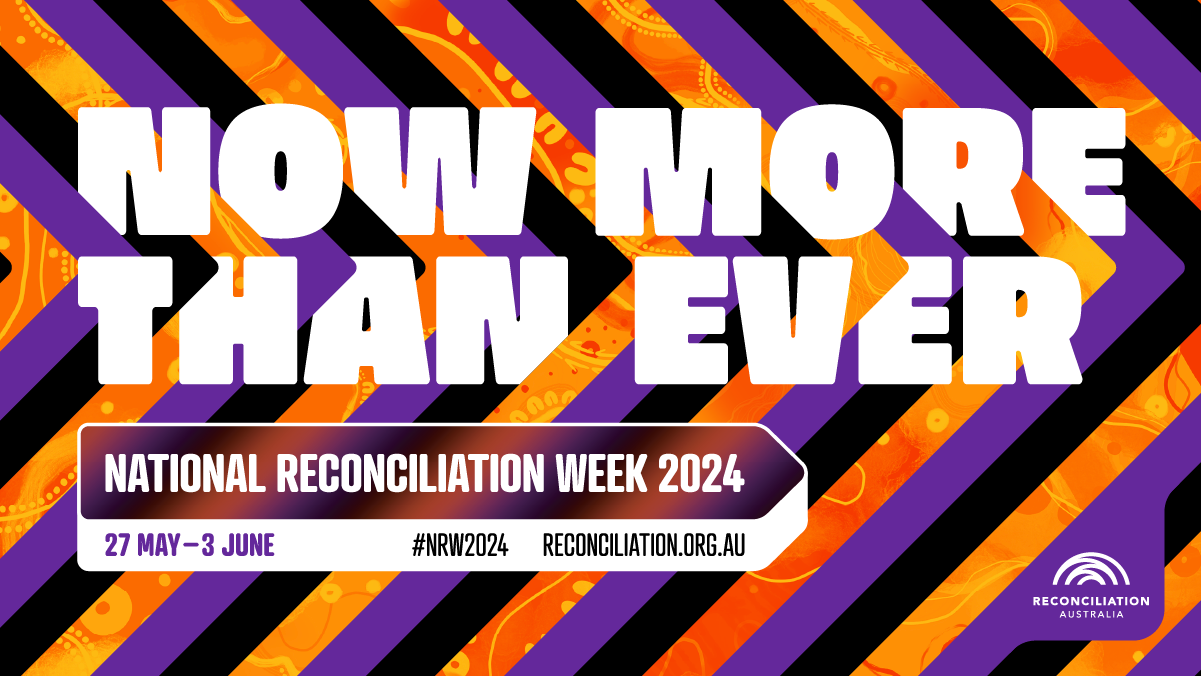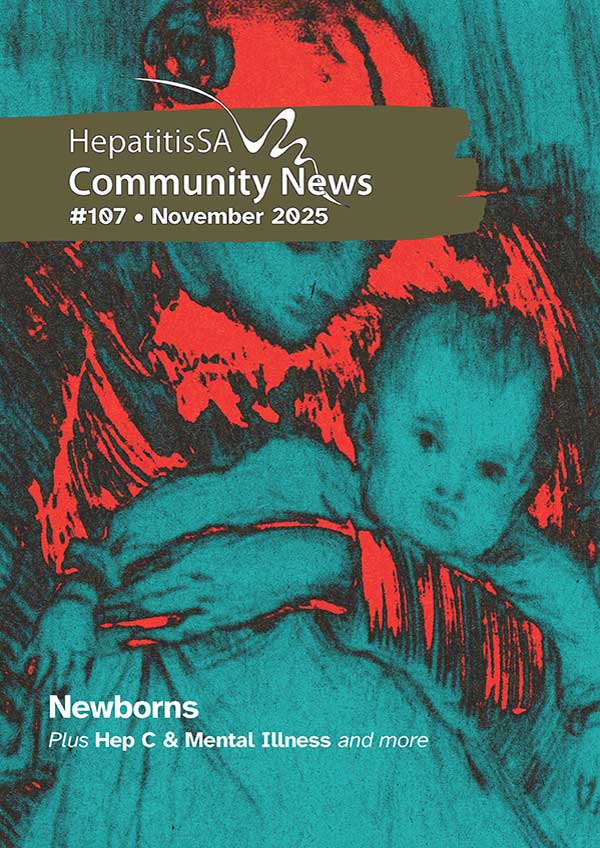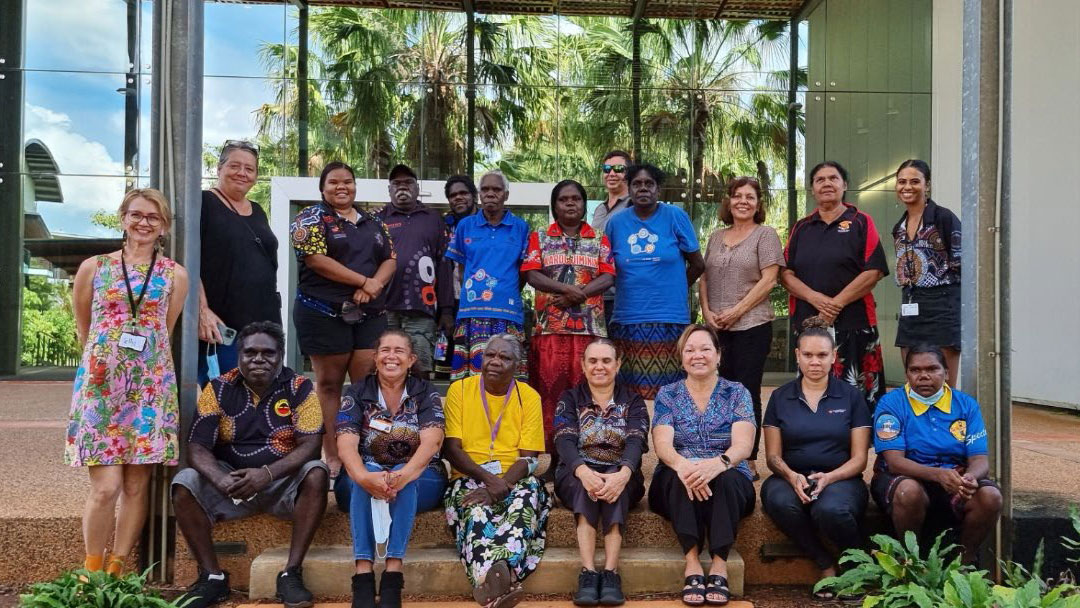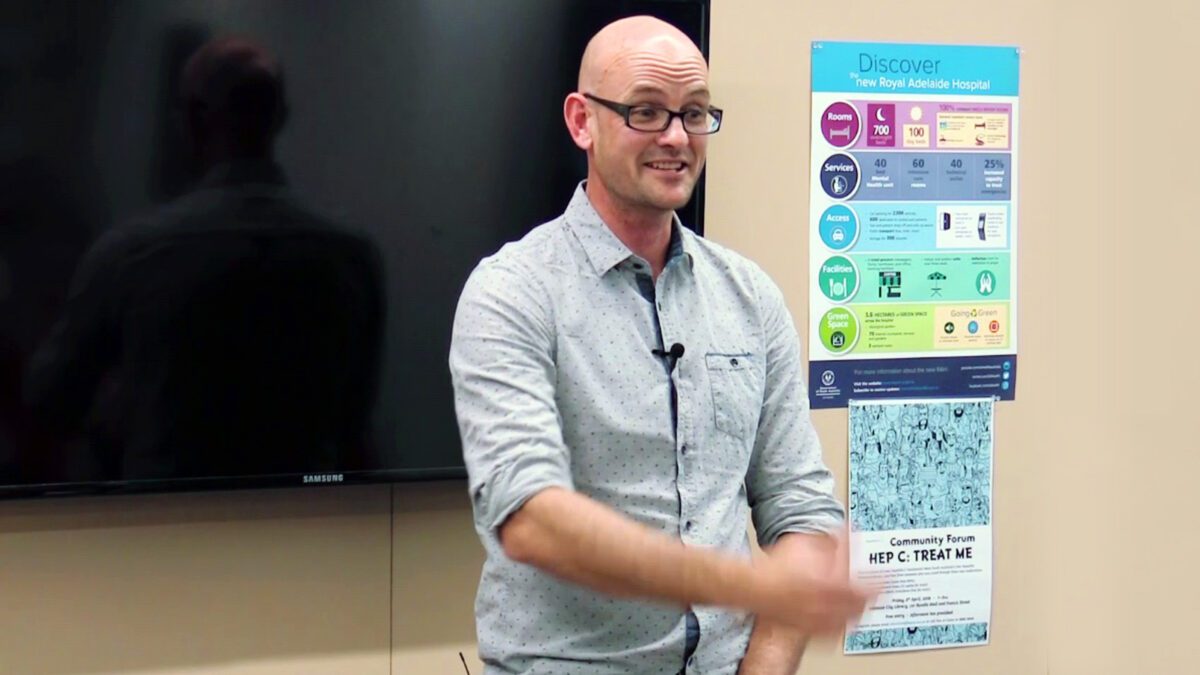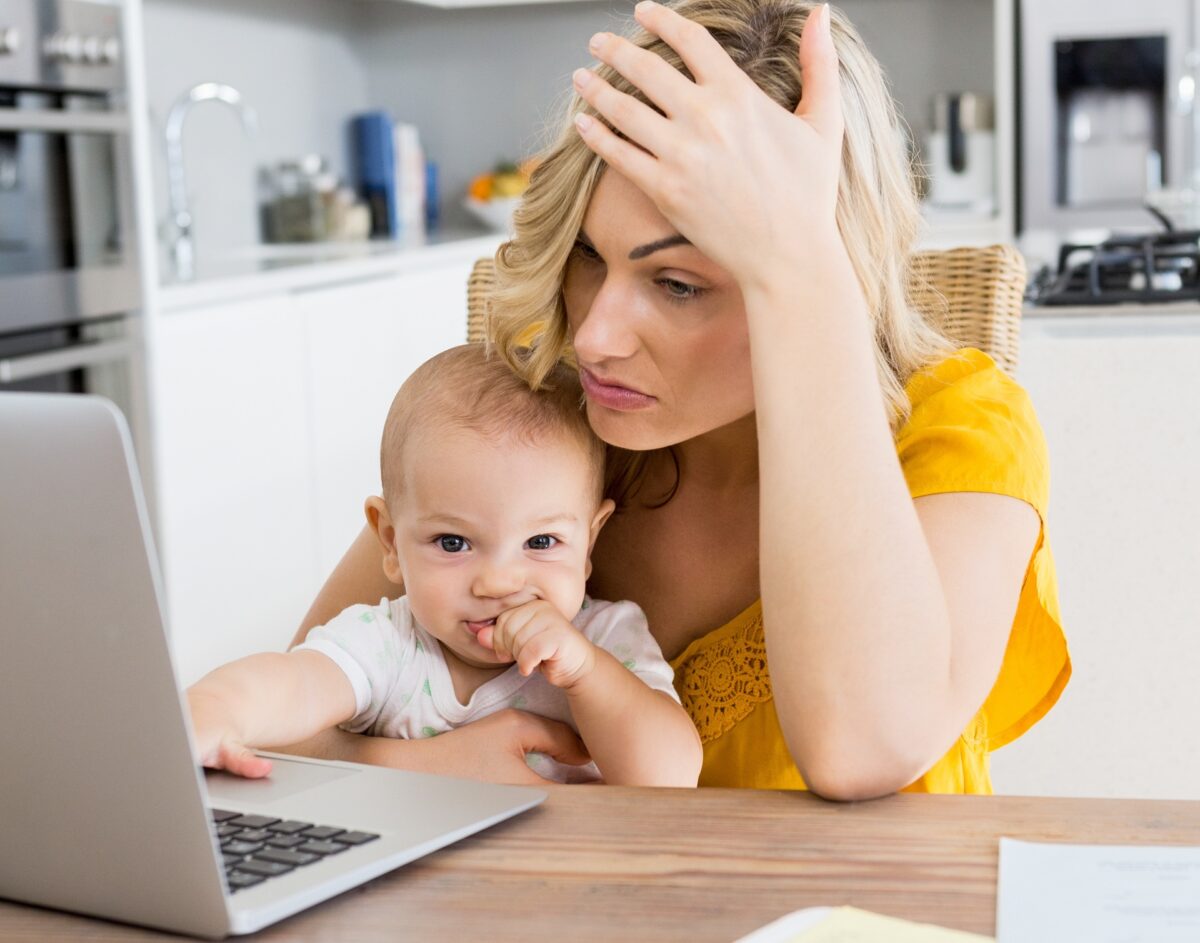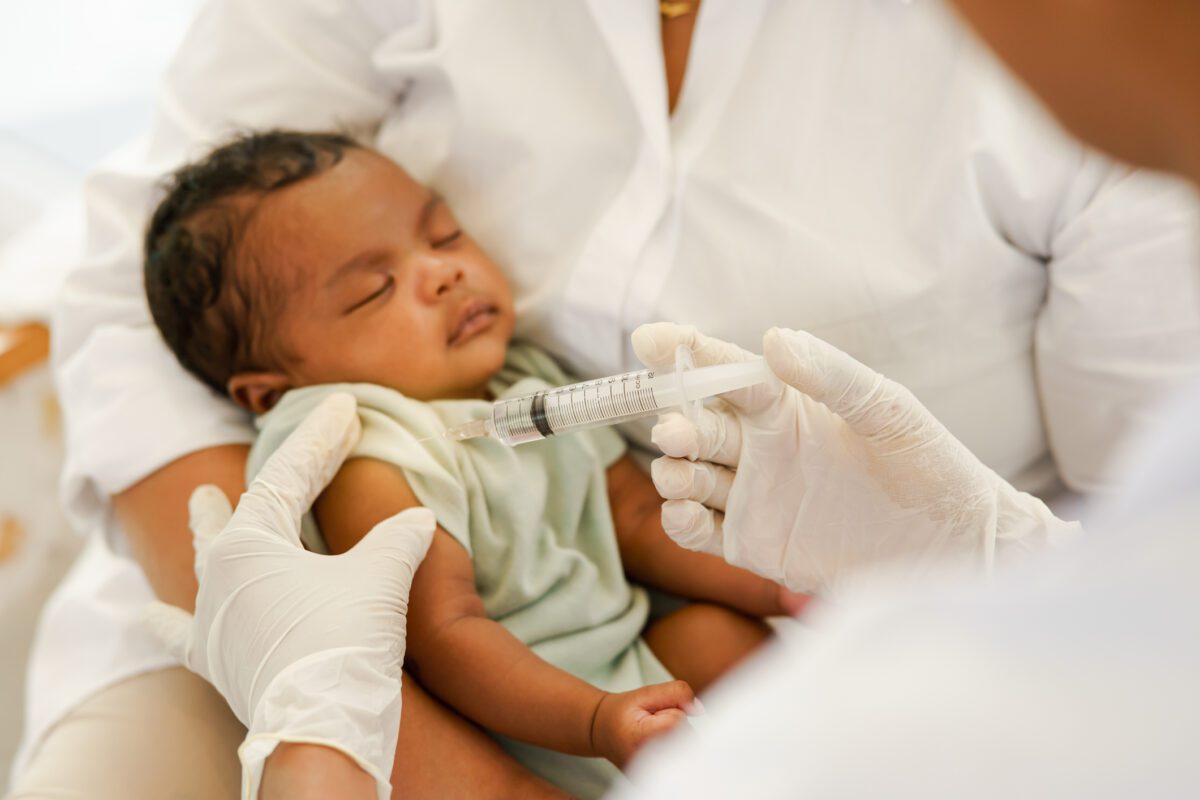Reconciliation between Aboriginal and non-indigenous Australians took a battering in 2023 when the referendum on constitutional recognition of our country’s first people was defeated following a campaign marred by racism, disinformation and ignorance, even though it was supported by an overwhelming proportion of indigenous Australians.
Every year, National Reconciliation Week is an attempt to help bridge the divide between both communities, and to help heal some of the damage done in both the past and present.
In the first National Reconciliation Week since the referendum, the message from First Nations people is Now More Than Ever – a reminder to all of us that no matter what setbacks we face, the fight for justice and the rights of Aboriginal and Torres Strait Islander people must continue.
There have been many moments, aside from the the referendum outcome, in Australia’s reconciliation journey that make many people want to give up in despair. But when things are divisive, the worst thing we can do is disengage or disconnect. Now more than ever, we need to tackle the unfinished business of reconciliation.
At its heart, reconciliation is about strengthening relationships between Aboriginal and Torres Strait Islander peoples and non-Indigenous peoples for the benefit of all Australians. For Aboriginal and Torres Strait Islander peoples, Australia’s colonial history is characterised by devastating land dispossession, violence, and racism. Over the last half-century, however, many significant steps towards reconciliation have been taken.
Reconciliation is an ongoing journey that reminds us that while generations of Australians have fought hard for meaningful change, future gains are likely to take just as much, if not more, effort.
In a just, equitable and reconciled Australia, Aboriginal and Torres Strait Islander children will have the same life chances and choices as non-Indigenous children, and the length and quality of a person’s life will not be determined by their racial background.
Viral hepatitis is an important case in point. The rate of Aboriginal Australians living with hepatitis C is 50% higher than that for non-Aboriginal Australians, and the rate of Aboriginal Australians living with hepatitis B is a shocking seven times that for non-Aboriginal Australians.
We know that the 6.2 million Australians who voted YES are committed to better outcomes for First Nations people, and are with us.
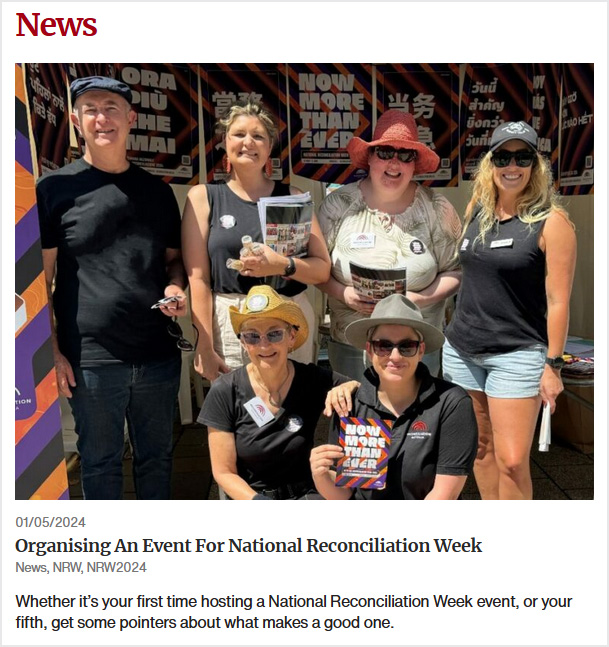
Reconciliation supporters must stand up to defend and uphold the rights of First Nations peoples. To call out racism wherever we encounter it, and to actively reinforce the voices of Aboriginal and Torres Strait Islander peoples across this continent.
Now more than ever, the work continues. In treaty making, in truth-telling, in understanding our history, in education, and in tackling racism. We need connection. We need respect. We need action. And we need change.
Now more than ever, we need reconciliation.
Check out what Reconciliation Week activities are happening in your neighbourhood. There are numerous events in South Australia including regional centres. Here are some highlights:
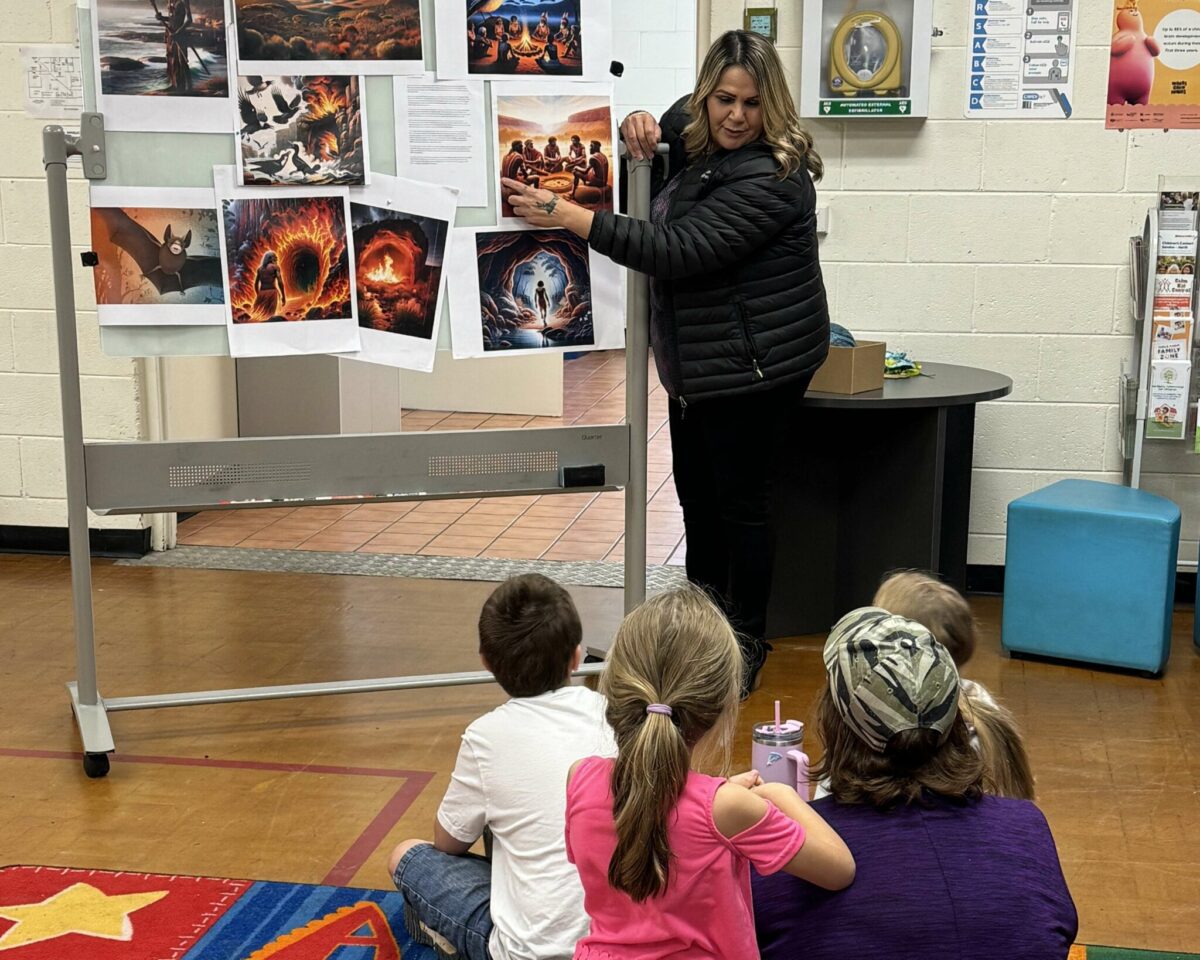
Museum staff are excited to read Indigenous children’s books to
audiences daily at 11am and 1pm, from 27-30 May in the Australian
Aboriginal Cultures Gallery (AACG), ground floor at the Museum.
Admission FREE. No bookings needed.
More information.
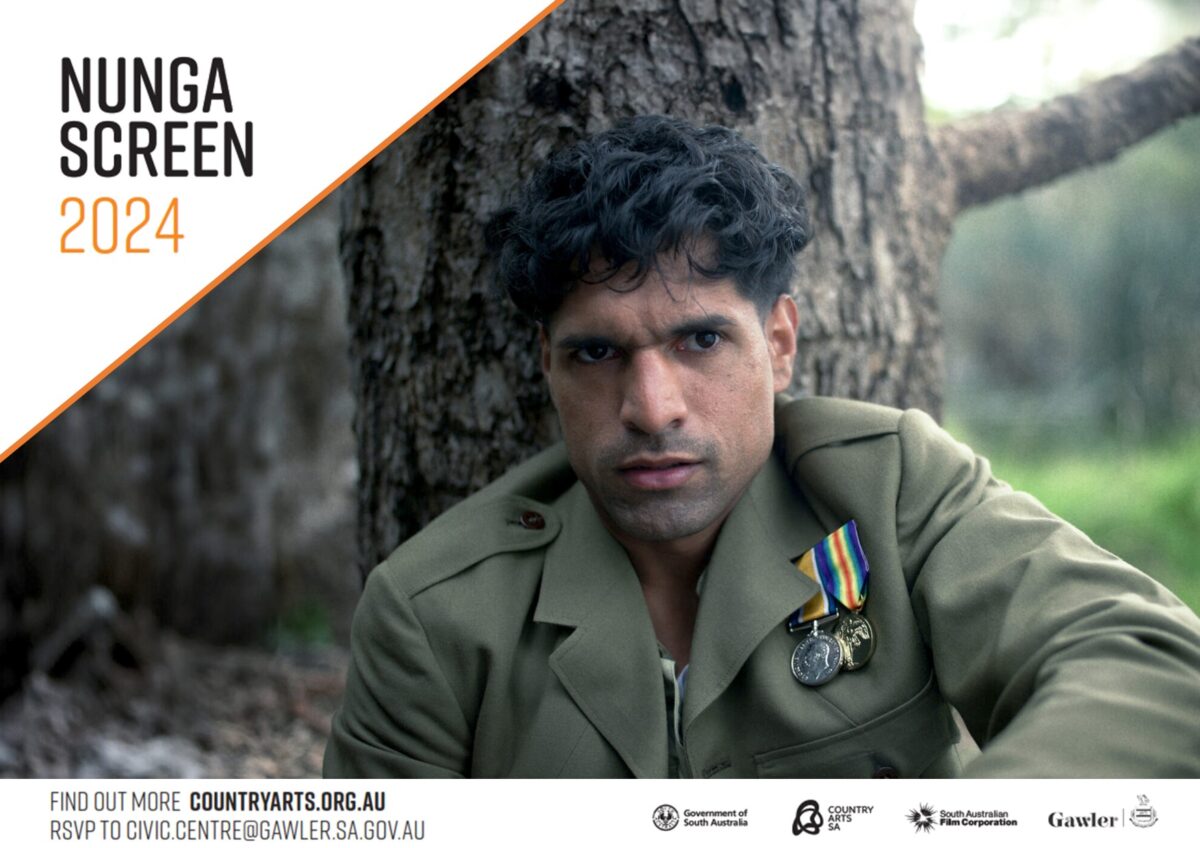
A free short film showcase that shares and celebrates First Nations culture, stories, and language through film. Presented by Country Arts SA. Two screenings.
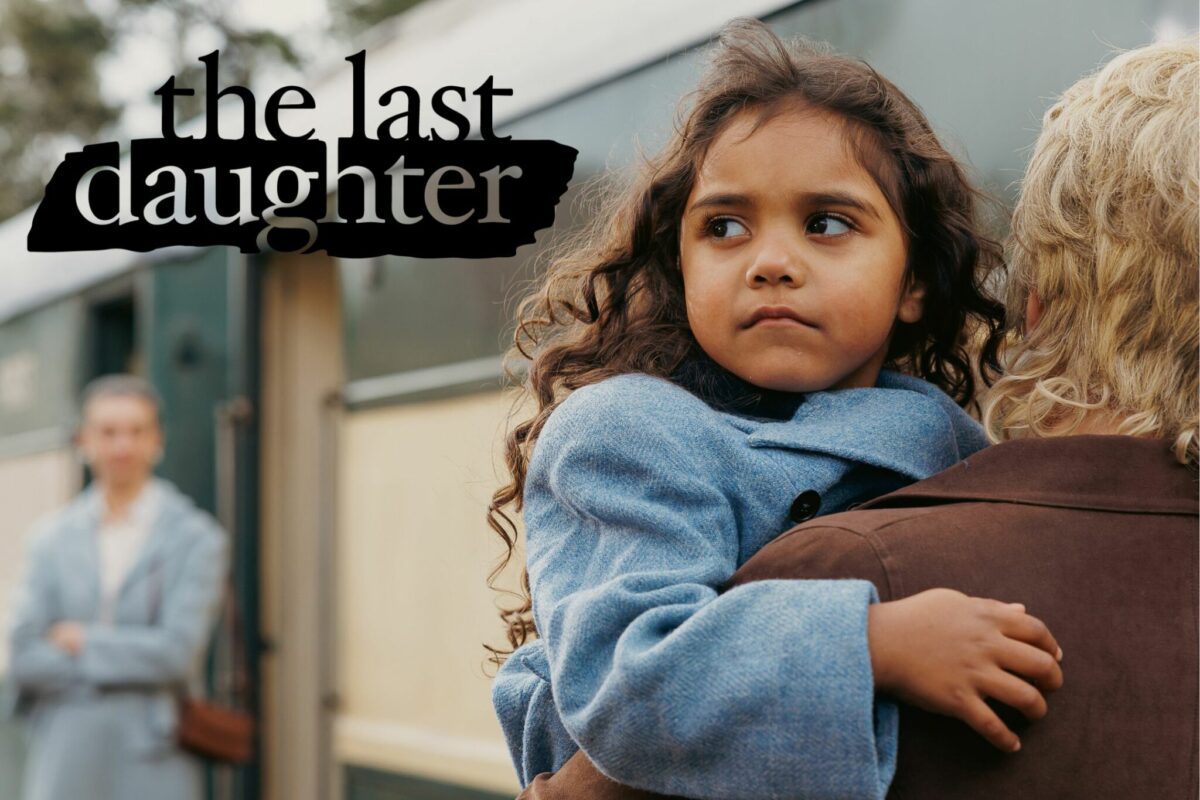
A beautiful must-see documentary about Brenda Mathews’ journey to unearth the truth about her past and to reconcile the two sides of her family. 3 June.
- Mt Gambier, FREE community screening: 12 pm & 6:30 pm
- Charity screening with special guest Brenda Mathews. 6:30 pm, Regal Theatre.
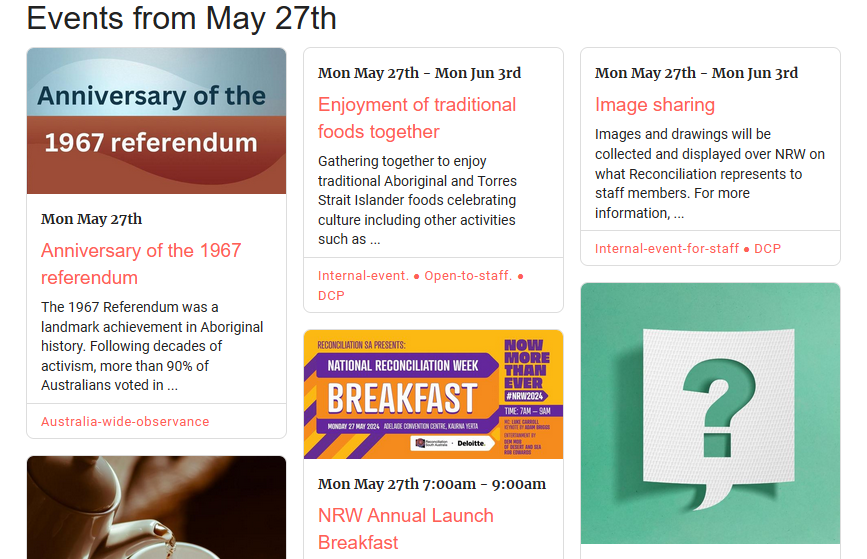
SA Government agency hosted events and important dates during National Reconciliation Week 2024.
Last updated 4 June 2024
More from:
Enjoyed this article? Subscribe to be notified whenever we publish new stories.
Subscribe for Updates
